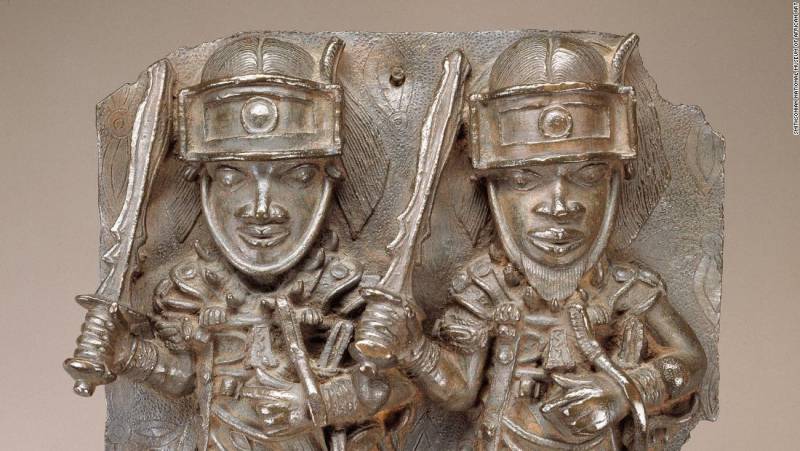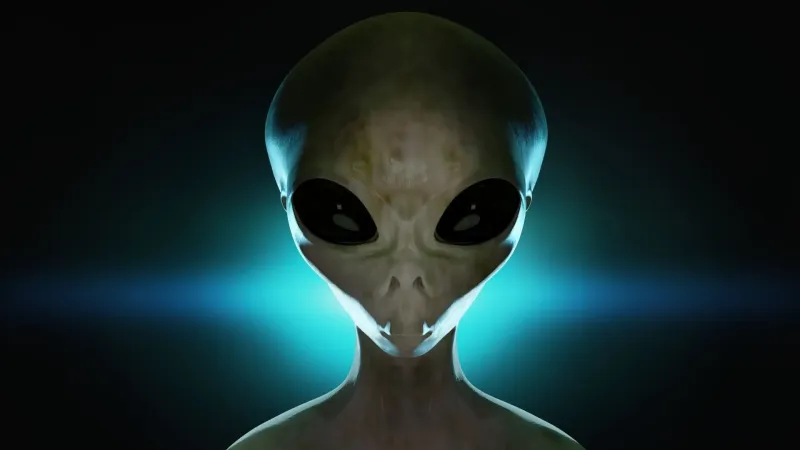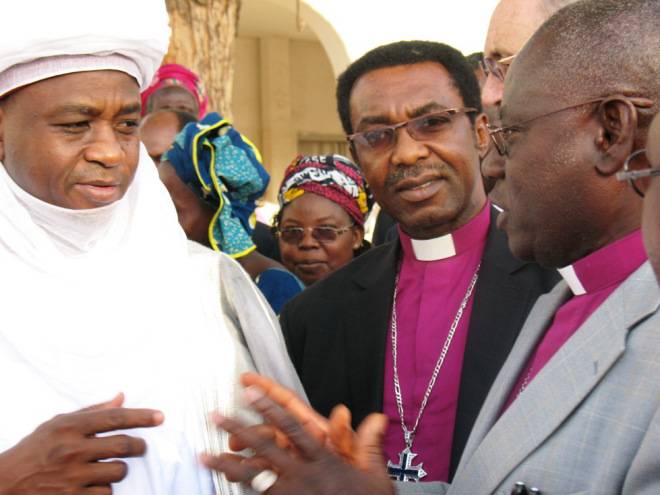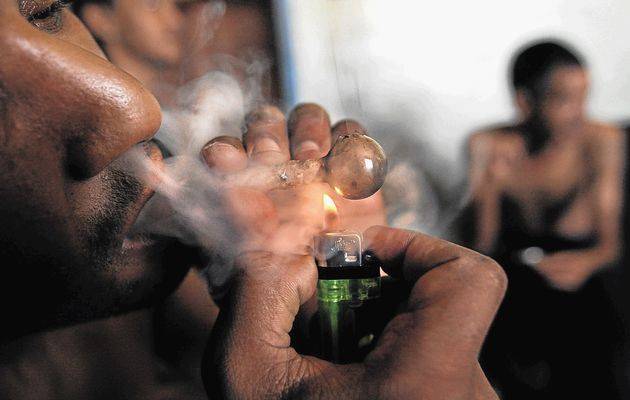There are many different nations, cultures, and customs on our continent, but there are certain fundamental similarities among them all. Today, it is widely acknowledged that all peoples in the world—not only Africans—descended from Africa. Colonialism also aimed to colonize and influence Africa as it inhabited the planet.
Therefore, it makes sense to infer that foreign influences corrupted African gods, belief systems, myths, and customs through a process of spread and occasionally by coercion. However, Africans frequently preserved at least some of their gods and religious systems. Some fundamental principles and spiritual applications have survived to the present day, merged, and blended – Africanized!
African Gods: Cross-Time and Cross-Spatial Similarities
Africa is the second-largest continent in the world, and its spiritual traditions are as diverse as the many nations that call it home — a rainbow continent, to borrow from the idea of South Africa's "Rainbow Nation" popularized by the late Archbishop Emeritus Desmond Tutu.
There are some glaring spiritual parallels across the continent. One is the belief in a single ultimate god who rules the earth, the heavens, and the entire world, in whatever manifestation that idea may take in any given civilization. This powerful African god also exercises authority over a variety of supernatural gods and entities.
READ ALSO: Gasoline Shortage Flares Up As IPMAN Issues Strike Warning Over Claims
Ancestor worship, which is related to cultural respect for the elderly, is the second factor. The natural consequence of the ancestor notion is that the inhabitants of Africa believe in an afterlife. The practice of offering an animal as a sacrifice after a death to facilitate the transition of the deceased into the realm of the ancestors goes hand in hand with this reverence.
The majority of African societies also celebrate rites of passage, such as birth, adulthood, and death, ritualistically. Male circumcision, rites, and the transmission of tribal information and secrets to initiates are all part of the isolation period of initiation during adolescence.

Inherent in traditional African mythology is awe and terror of witchcraft. Even though prophets, spiritualists, conventional healers, and shamans are frequently referred to as "witch doctors" by outsiders, they are very different from those who engage in witchcraft, sorcery, and black magic.
Furthermore, it may be argued that the majority of African nations have succeeded in assimilating the outside-introduced world faiths. We must examine the traditions from which various African gods, belief systems, and tales arose as well as the sources of our knowledge before delving into the intricacies of these myths.
Contextualizing African Deities

Up until very recently, oral transmissions accounted for a sizable portion of the history of African religion. African oral literature is more like a lively drama than a novel, making it difficult to adequately reproduce the tradition in writing. Instead of reading it, it must be performed. Without supporting sound, body movement, dancing, and face expressions, it loses its nuance, clarity, and significance.
There are no old African scriptures to lead us, only oral transmission and ritual activities, often carried out in secret after conversion to Christianity and Islam. The history books were written by foreigners, particularly fervent religious outsiders, after numerous civilizations and generations had already crumbled to dust. They transmitted African customs and belief systems that in their eyes were barbaric, savage, primitive, and sinfully superstitious with arrogance and zeal for their own "civilized" beliefs and accomplishments.
Without hearing from the people they were writing about, they broadcast their position to the world. They perpetrated genocide and other atrocities in the name of their faith. The history of Africa predates colonialism and is similar to that of many indigenous peoples, including the ancient American nations.
Because each group had skilled storytellers who passed on their knowledge to the following generation, the ancient Africans did not need to record their beliefs in writing. They diligently studied and passed down their histories and beliefs generation after generation, much like the ancient Jews did, until the outside world became involved. In the same way that ancient priests and scribes from other ancient societies were responsible for transmitting history and legacy appropriately, storytellers were also.
Dogon myths and religious beliefs
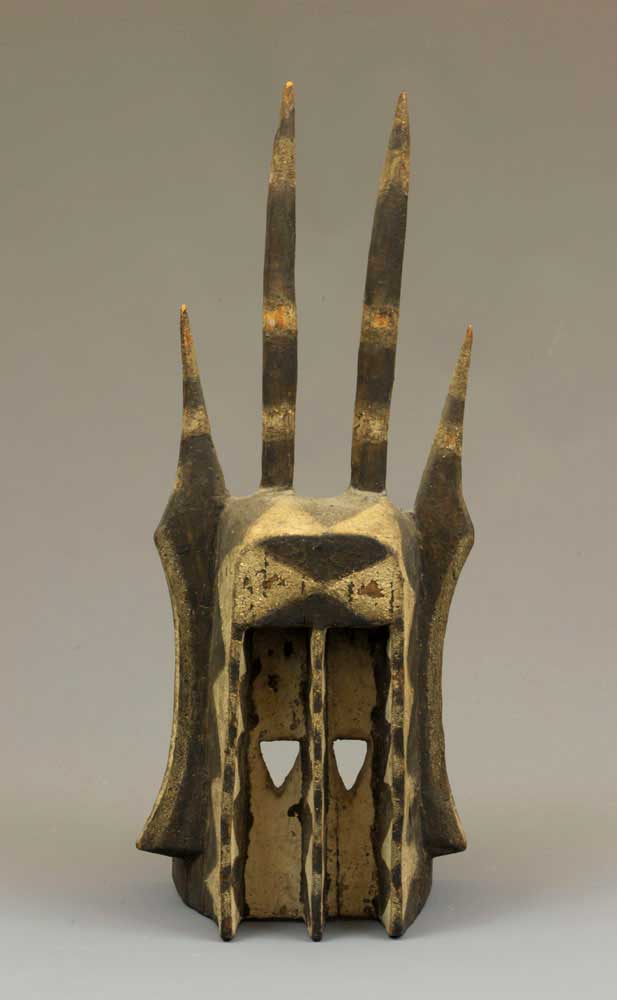
Since they first came to light, the astounding astronomical knowledge and belief systems of the Dogon people, who are currently found in Mali and Burkina Faso, have fascinated scholars. The Dogon commemorate the Sigi or Sigui, an old sacred feast, every 50 years to mark the end of a celestial cycle in which Sirius A and Sirius B, their invisible partner white dwarf stars, circle each other. In the 1930s, the Dogon elders said that Sirius possessed an unobservable companion star. Sirius B and the fifty-year cycle were unknown to western astrologers until the late 1800s and much later, respectively.
The Dogon, who believe that their ancestors descended from the stars, also somehow understood that Saturn had rings, Jupiter had four moons, and that all planets followed elliptical orbits around the sun.
The leader and guardian of the sacred mask used in the Sigi ceremony was (and still is in traditional villages) the Hogon, a person chosen as the primary elder or high priest who is typically the oldest person in a community or district. They think that Amma, the throne of heaven, is the one who created the earth. Later, Amma split, giving birth to Chaos, who traveled to Earth on the Milky Way. Amma then created the Nommos (order), which had four sets of twin males and females who traveled to Earth in boats attached to copper links. They evolved into the forerunners of all humanity. Traditional Dogon ancestors continue to this day to commemorate this occasion by storing tiny boats constructed of dried leaves and bark within their homes.
The Dogon people impart their religion, history, mythology, and folklore to initiates who are just entering adulthood. Different types of masks play a major role in religious and other ceremonies. The Dogon were the only tribe to maintain elements of their traditional rites and beliefs throughout and after colonisation because they remained relatively isolated.
African Myths & Legends: Threatened Today
Similar to early native Americans and Australians, the people of Africa once coexisted peacefully with their environment. Through trade and colonialism, outsiders introduced marvelous innovations, new ideas, and religious systems. But they also brought industrialisation, which brought damage and the avarice of fortune seekers.
The loss of religious and African artifacts that served as historical markers and impulses for ceremonial worship and rituals is one aspect of the issue of cultural loss. Sadly, there seems to be less appreciation for the knowledge and experience of elder generations in current society.
Traditional extended families, where the elderly passed on knowledge to the younger generations from an early age, have mostly been supplanted by nuclear families. Children were taught about the environment, religion, values, history, and tribe culture most organically and gently by the most natural teachers—the older people. At the same time, it enabled elderly people to live meaningful lives while being supported and cared for by family, even as their physical strength declined.
What is left is an aggregation of wildly dissimilar moral principles and worldviews, clinging to what is practical and frequently profitable rather than what is innately moral and significant. Many customs, African gods, myths, and tales that were absurd, superstitious, and unsupportable by science to religious and academically educated minds have therefore been lost for all time.
